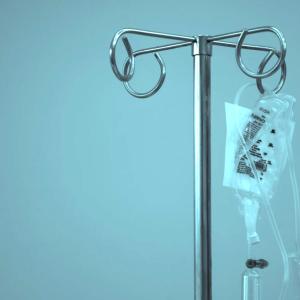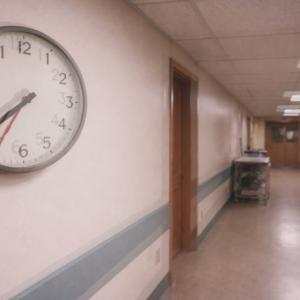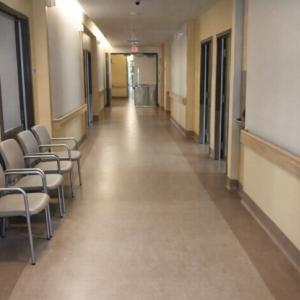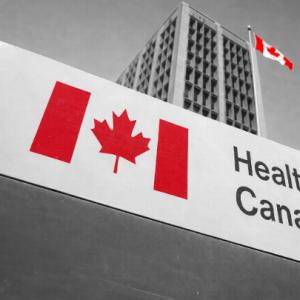Quebec bleeds doctors, as Alberta invents new methods of overreach
A recent survey from Abacus Data and the CMA offers a sober snapshot of how physicians are feeling about recent political changes.
Almost half of physicians nationwide (43%) say they do not feel trusted or respected by their provincial government. In Alberta and Quebec — the two provinces now reshaping the rules of medical practice — that number spikes to 76% and 84%, respectively.
Two-thirds expect quality of care in their province to get worse.
Quebec pushed through Bill 2 at the end of last month, giving itself the power to surveil and directly manage many aspects of physicians’ work. As of mid-November, nearly 400 doctors have applied to work in other provinces. This doesn’t count anyone who took the legislation as a sign to retire early.
The government has since promised not to enforce some of the bill’s surveillance provisions. A government promising not to use a power implicitly advertises that it now possesses it.
Alberta’s project is qualitatively different. It goes further.
Bill 11 lets physicians toggle between parallel public and private systems, despite clear evidence that Alberta’s for-profit surgical facilities are already pulling scarce anesthesiologists and surgical staff out of the public tier and increasing wait-times for multiple high-acuity surgeries.
Bill 13 accomplishes Premier Smith's long-standing promise to restrict the power of regulatory colleges to discipline members. Except for the bill’s narrowly defined exceptions, clinicians could no longer be reprimanded for statements made outside working hours, including health claims professional regulators have previously treated as sanctionable misinformation.
Smith’s disputes with medical regulators predate her premiership. In 2021, she publicly raised money to fund what she described as a legal challenge against Alberta’s College of Physicians and Surgeons, seeking a court ruling on whether Alberta doctors could offer early, unproven COVID treatments without jeopardizing their professional standing.
The bill also bars colleges from imposing mandatory cultural-competence and bias-training requirements unless the government deems them essential to professional competence.
Finally, with Bill 9, the government has invoked the notwithstanding clause, and asserts final say over which medical services physicians may and may not provide.
Professional self-regulation has existed since the 1800s, at least in part to shield doctors from political influence. Today’s legislative pattern explains why their fears run deeper than any one practice model or culture-war debate.
The pattern being recognized is clear enough. A transfer of power is underway. One that decides who sets clinical limits, who polices professional judgment, and the extent to which state power reaches into the exam room.
---
CORRECTION: This article has been updated to refer to Bill 9, which was formerly listed as "Bill 26."








